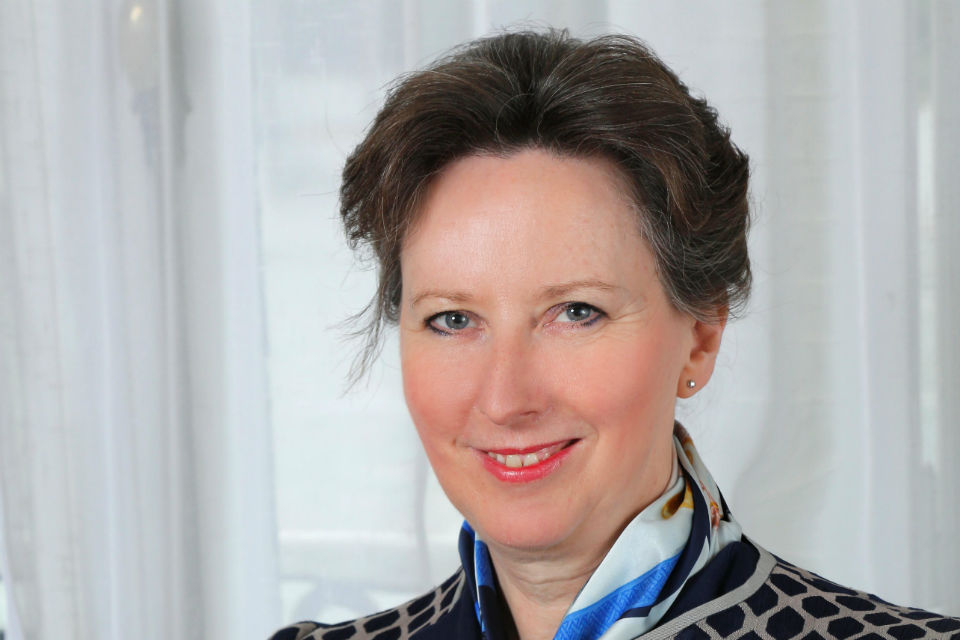Book launch about WW1 and the Dresden by the Embassy of Germany
Speech by HMA Fiona Clouder on the occasion of the book launch about WW1 and the Dresden by the Embassy of Germany in Chile.

Speech on the occasion of the book launch about WW1 and the Dresden by the Embassy of Germany in Chile. Valparaiso, 1st June 2016.
Thank you for the opportunity to speak at this important event. The story of the Dresden, the Battle of Coronel, and the Battle of the Falkland Islands is an important trilogy of events. They were a significant part of World War I, with nearly 4,000 men lost, and perhaps are not as well known as they should be. This book, about the Dresden, what happened and the links that still exist today in Chile, is important in raising the profile of that story.
I am grateful to the Armada de Chile, for all they have done to help commemorate these important aspects of World War I. One of the most special memories of my time here in Chile, was a German orchestra, playing Land of Hope and Glory, on the Armada de Chile’s ship, Aquiles, as we remembered the Dreden and all that had come to pass. It was a true symbol of peace, reconciliation and friendship between our nations.
Yesterday the 31st May 2016, also saw the commemoration of the Battle of Jutland. A battle that took place in the North Sea, and was a pivotal naval engagement between Britain and Germany, during the First World War. Why should that be remembered in Chile, you might ask?
After the Battles of Coronel, and the Falklands, this was the great naval battle and a turning point in World War I. 100,000 men fought for their countries, their beliefs and their values. 8,648 died. Some 250 ships took part, and 25 ships were lost, in a clash between the Royal Navy’s Grand Fleet and the German High Seas Fleet. Some of the ships were being built for Chile, before the War, and were requisitioned by Britain for use, and then resold to Chile later. The ships included the Almirante Latorre, the dreadnought class, the model of which can be seen here in the Naval Museum.
The Battle of Jutland was also a turning point in the war, and was the last great naval engagement. The shipping routes to Europe were contained. That meant Chile’s supply of nitrates waned, which in turn impacted on the economy of Chile.
So events taking place, at the other end of the world, impacted on Chile. That is true of the world we live in today. A global world, where tensions and those who wish to do us harm, can impact on our societies and the way we live our lives. It is through working together and building understanding, that we can, together build a better world. And so we learn through history, and I commend those who have put together this book, to help us learn more about what went before with Dresden, our interconnected histories, and our friendship today.
Fiona Clouder, Her Majesty’s Ambassador to Chile.